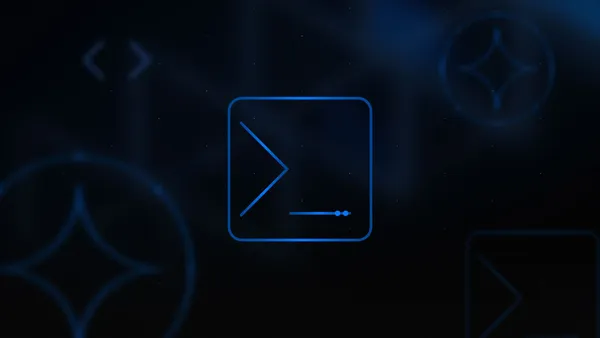 Providing developers with Gemini 2.5 models, personalization capabilities and enhancements to chat.
Providing developers with Gemini 2.5 models, personalization capabilities and enhancements to chat.
Gemini Code Assist adds Gemini 2.5, personalization and context management
 Providing developers with Gemini 2.5 models, personalization capabilities and enhancements to chat.
Providing developers with Gemini 2.5 models, personalization capabilities and enhancements to chat.